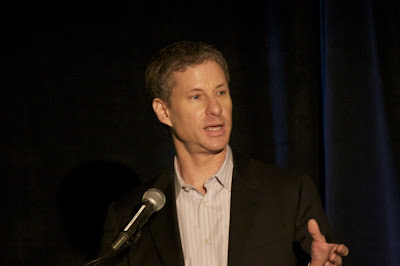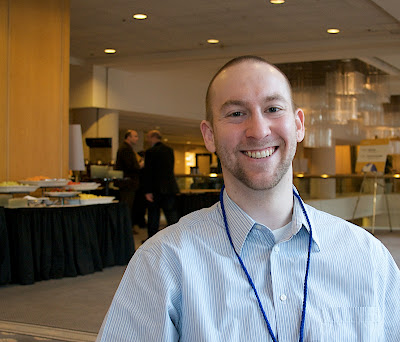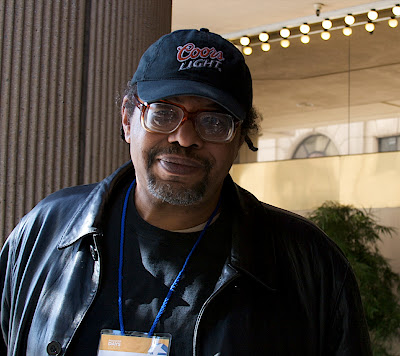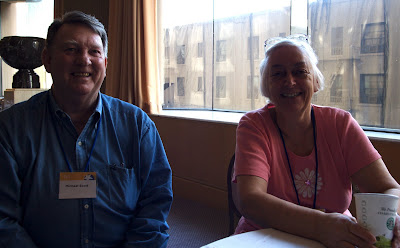
One of the central ideas behind Prosper is groups. Whoever heard of a borrowing group? Or a lending group? Especially a group of middle-Americans, not high-flying Wall Street investors?
The initial idea was, as I understand it, to encourage the formation of groups of borrowers and lenders that would support each other. A borrower who belongs to a group could gain some additional credibility from that group as well as assistance in requesting a loan. Groups can be formed on just about any basis - people who ride bicycles, for example.
In addition to the groups, Prosper created open forums. Members can ask questions, offer advice to others, get to know other members here.
Both of these elements contribute to the "web 2.0" slant of the company.
Now that Prosper has been around an amazing two years, it's possible to find out how the group thing is working. It turns out that the larger groups offer no real benefit to members while the smaller groups offer significant advantages. It makes sense intuitively. It also turns out that many people do not join groups, being perhaps of an obstinate loner nature like me. Some aspects of groups have changed along the way, including the provision of incentives for group leaders (group leaders have gotten tiny percentages from loans in the past but this incentive may not be retained).
One way that groups can be especially helpful to borrowers is in the provision of endorsements and particularly endorsements with bids. When group members provide endorsements of borrowers and also bid on their loans, they are showing confidence in that borrower. Of course a borrower can get endorsements from any other Prosper member, not just group members, but chances are probably better if the borrower is a member of a group.
My own experience with groups is small. I joined Prosper initially as a borrower. I requested a loan and the request failed (no bids. none.). During the time my listing was active and after it closed I received many messages from group leaders. They offered suggestions to improve my listing and invited me to join their groups. I didn't find a compelling reason to join so I didn't and therefore cannot comment on what it's like to be in one. I do believe, though, that this concept is unusual - unique, probably - in the lending industry. It will be interesting to track it over a longer time period.






